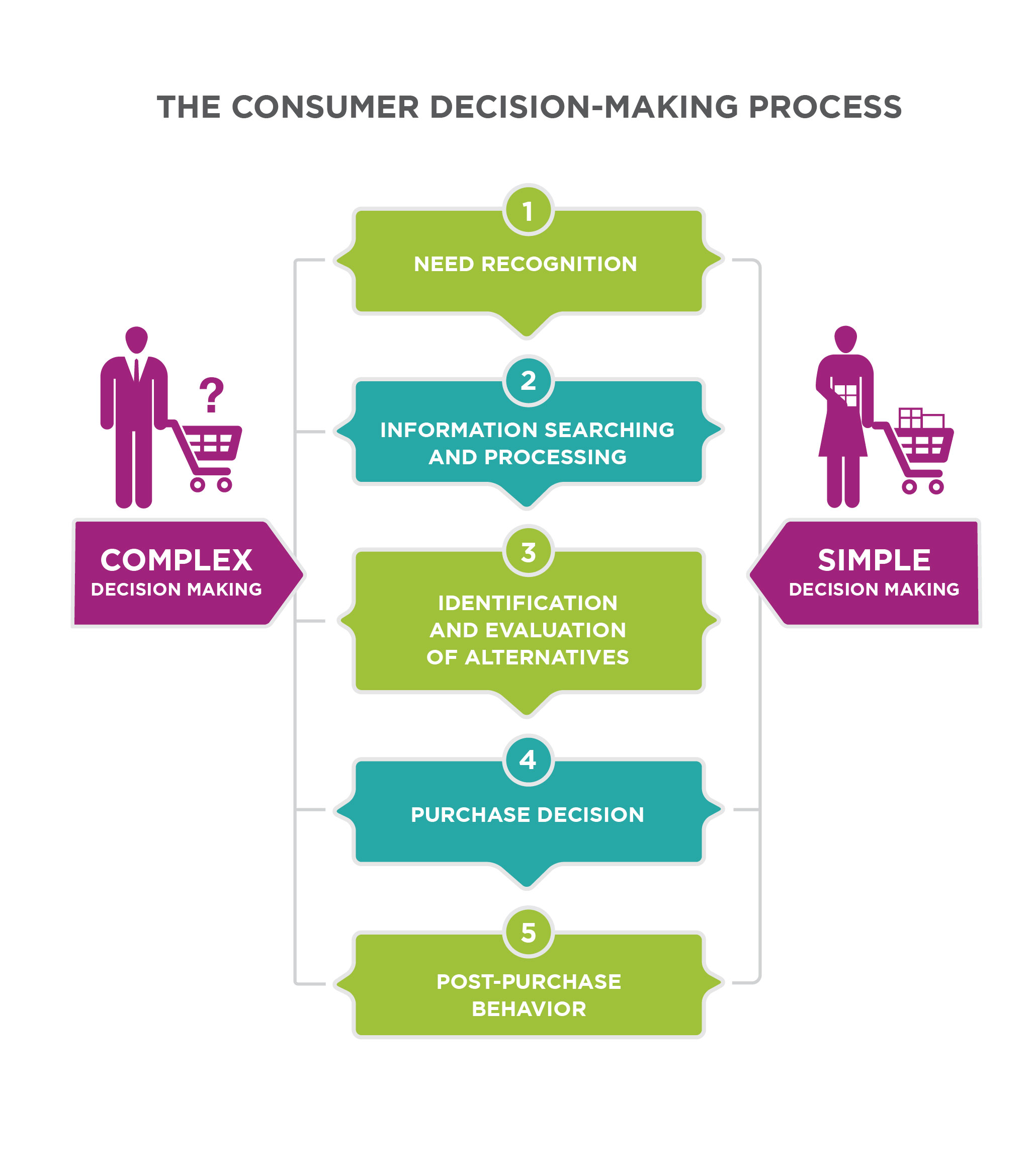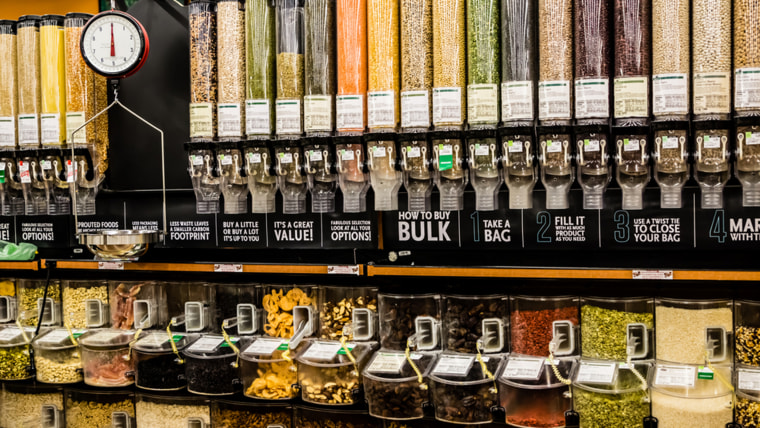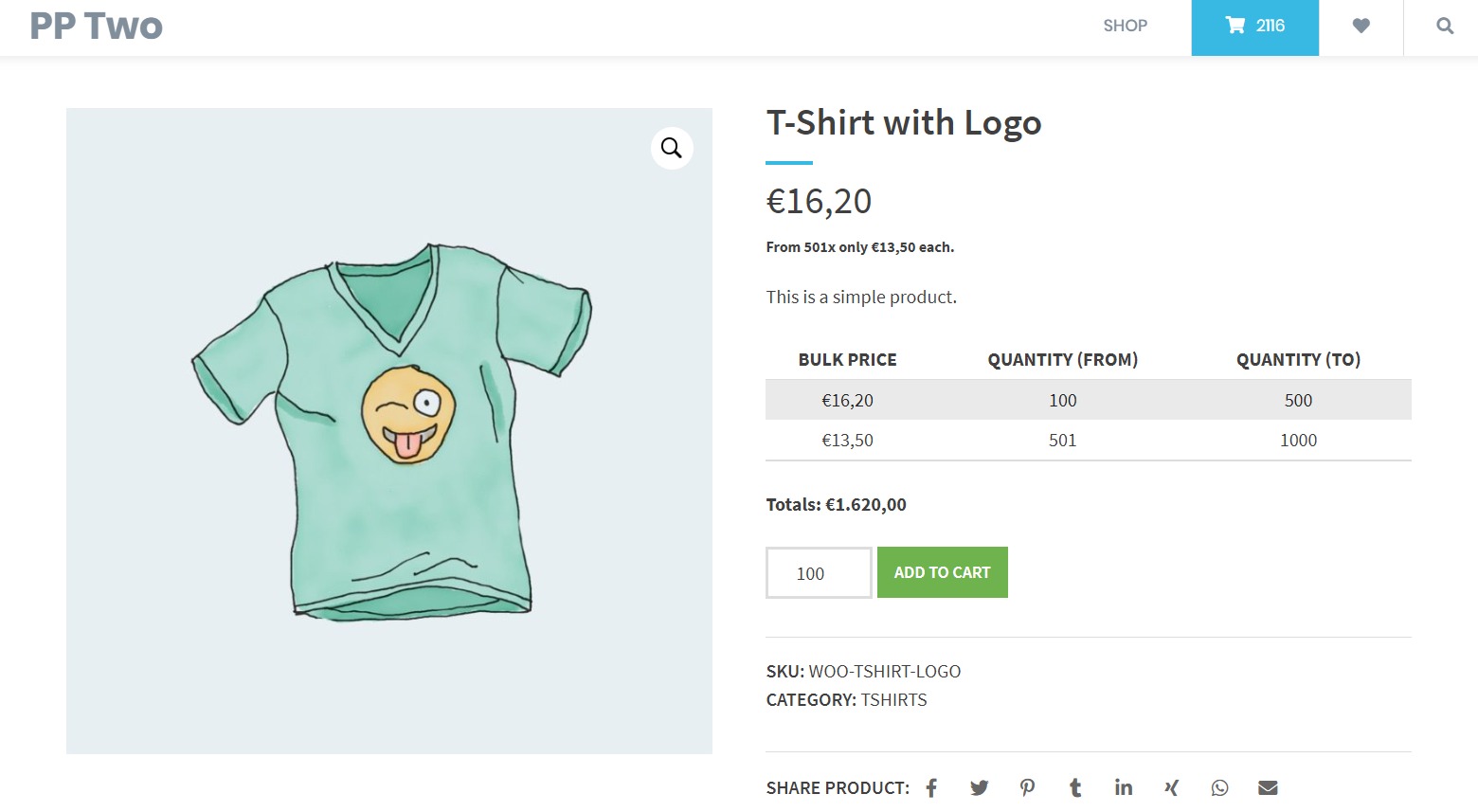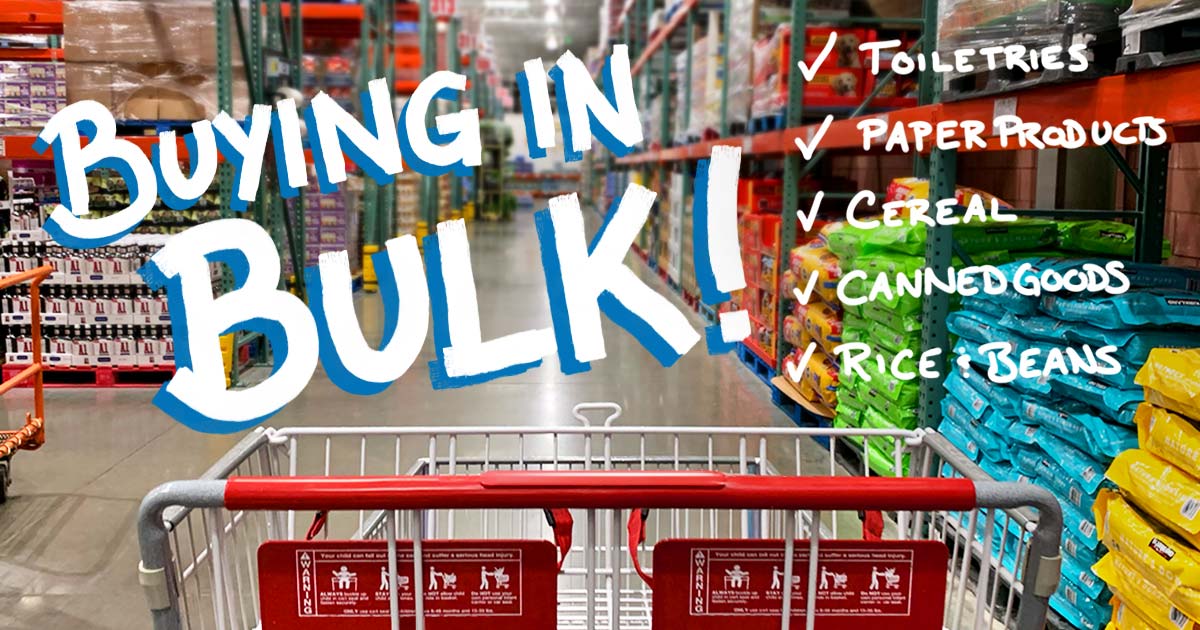The Benefits of Buying in Bulk: Why It’s a Smart Shopping Strategy
Purchasing products in bulk is a smart shopping strategy that can help individuals and businesses save money, reduce waste, and increase convenience. By buying in bulk, consumers can take advantage of lower prices per unit, which can lead to significant cost savings over time. Additionally, bulk purchasing can help reduce waste by minimizing packaging and reducing the number of trips to the store.
Many products are well-suited for bulk purchasing, including non-perishable food items, household supplies, and personal care products. For example, buying rice, pasta, and canned goods in bulk can help stock a pantry and reduce grocery bills. Similarly, purchasing toilet paper, paper towels, and cleaning supplies in bulk can help keep a household running smoothly while reducing waste.
When buying in bulk, it’s essential to consider the cost per unit to ensure that you’re getting the best deal. This can be calculated by dividing the total cost of the product by the number of units. For instance, if a 12-pack of paper towels costs $10, the cost per unit would be $0.83 per roll. By comparing prices and calculating the cost per unit, consumers can make informed decisions about their bulk purchases.
Furthermore, buying in bulk can also help reduce the environmental impact of consumerism. By minimizing packaging and reducing the number of trips to the store, bulk purchasing can help reduce carbon emissions and waste. Additionally, many bulk products are designed to be more sustainable, such as refillable containers and concentrated cleaning products.
Overall, buying products in bulk is a smart shopping strategy that can help individuals and businesses save money, reduce waste, and increase convenience. By considering the benefits of bulk purchasing and calculating the cost per unit, consumers can make informed decisions about their shopping habits and reduce their environmental impact.
Understanding Your Needs: Assessing Your Bulk Purchasing Requirements
Before diving into the world of bulk purchasing, it’s essential to evaluate your needs to ensure that buying in bulk is right for you. This involves assessing your usage rates, storage space, and budget to determine which products are suitable for bulk purchasing.
To start, consider your usage rates for various products. Ask yourself how often you use a particular product and how quickly you go through it. For example, if you use a lot of paper towels, buying them in bulk might be a good idea. On the other hand, if you rarely use a particular product, buying it in bulk might not be the best decision.
Next, assess your storage space to determine if you have enough room to store bulk purchases. Consider the size of the products, the space you have available, and the type of storage containers you’ll need. For instance, if you live in a small apartment, buying bulk quantities of large items like toilet paper or cleaning supplies might not be practical.
Another crucial factor to consider is your budget. Calculate the cost per unit of the product and compare it to the cost of buying smaller quantities. Make sure you have enough money set aside to cover the upfront cost of the bulk purchase. Additionally, consider the potential savings over time and whether they align with your financial goals.
It’s also essential to consider your lifestyle and preferences when evaluating your bulk purchasing needs. For example, if you have a large family or frequently host guests, buying bulk quantities of food, household supplies, or personal care products might be a good idea. On the other hand, if you live alone or have limited storage space, buying in bulk might not be the best decision.
By taking the time to assess your needs and consider your usage rates, storage space, budget, and lifestyle, you can make informed decisions about which products to buy in bulk and ensure a successful bulk purchasing experience.
Where to Buy in Bulk: Exploring Your Options
When it comes to buying products in bulk, there are several options to consider. Warehouse clubs, online retailers, and specialty stores are just a few of the many places where you can find bulk quantities of your favorite products.
Warehouse clubs, such as Costco, Sam’s Club, and BJ’s Wholesale Club, are popular destinations for bulk purchasing. These membership-based stores offer a wide range of products, including groceries, household supplies, and personal care items, in bulk quantities. Warehouse clubs often have a wide selection of products and competitive pricing, making them a great option for those looking to buy in bulk.
Online retailers, such as Amazon and Walmart, also offer bulk purchasing options. These websites often have a wide selection of products and competitive pricing, making it easy to find the best deals on bulk quantities. Additionally, online retailers often offer convenient shipping options, making it easy to get your bulk purchases delivered right to your doorstep.
Specialty stores, such as those that specialize in food or household supplies, may also offer bulk purchasing options. These stores often carry a wide selection of products that are specifically designed for bulk purchasing, and may offer competitive pricing and expert advice.
Other options for buying in bulk include discount stores, dollar stores, and wholesale markets. These stores often carry a limited selection of products, but may offer competitive pricing and convenient shopping options.
When shopping for bulk products, it’s essential to compare prices and calculate the cost per unit to ensure that you’re getting the best deal. Additionally, consider the quality of the products and the reputation of the store before making a purchase.
By exploring your options and finding the best places to buy in bulk, you can save money, reduce waste, and enjoy the convenience of having your favorite products on hand.
Navigating Bulk Pricing: How to Get the Best Deals
When buying products in bulk, it’s essential to navigate the pricing landscape to ensure you’re getting the best deal. This involves comparing prices, calculating the cost per unit, and using price comparison tools and apps to find the lowest prices.
To start, compare prices across different retailers and online marketplaces. Look for prices that are significantly lower than the average market price, and be wary of prices that are too good to be true. Additionally, calculate the cost per unit to ensure that you’re getting the best deal. This can be done by dividing the total cost of the product by the number of units.
Price comparison tools and apps can also be a valuable resource when navigating bulk pricing. These tools allow you to compare prices across multiple retailers and online marketplaces, and often provide features such as price tracking and alerts. Some popular price comparison tools and apps include PriceGrabber, NexTag, and CamelCamelCamel.
Another way to get the best deals on bulk purchases is to look for discounts and promotions. Many retailers offer discounts and promotions on bulk purchases, especially during holiday seasons or special events. Keep an eye on retailer websites and social media pages to stay informed about upcoming sales and promotions.
It’s also essential to consider the quality of the product when navigating bulk pricing. While it may be tempting to opt for the cheapest option, it’s essential to ensure that the product meets your needs and is of good quality. Look for products that are made with high-quality materials and have good reviews from other customers.
By navigating bulk pricing effectively, you can save money, reduce waste, and enjoy the convenience of having your favorite products on hand. Remember to compare prices, calculate the cost per unit, and use price comparison tools and apps to find the lowest prices.
Product Quality and Expiration Dates: What to Consider
When buying products in bulk, it’s essential to consider the quality and expiration dates of the items to ensure that they remain usable and effective throughout their storage life. This is particularly crucial for products that are more susceptible to spoilage or degradation, such as food, personal care items, and pharmaceuticals.
For food products, it’s vital to check the expiration dates and packaging for any signs of damage or tampering. Buying in bulk can sometimes lead to a higher risk of contamination or spoilage, especially if the products are not stored properly. Look for products with a longer shelf life, and consider purchasing items that are less likely to expire quickly, such as canned goods, dried fruits, and nuts.
Personal care products, such as cosmetics and skincare items, also have expiration dates that should be checked before buying in bulk. These products can degrade over time, losing their effectiveness and potentially causing skin irritation or other adverse reactions. Be sure to check the packaging for any signs of tampering or damage, and look for products with a longer shelf life.
Pharmaceuticals and medications also require special consideration when buying in bulk. It’s essential to check the expiration dates and ensure that the products are stored properly to maintain their potency and effectiveness. Always follow the recommended storage instructions, and be aware of any potential interactions or side effects.
In addition to checking expiration dates, it’s also important to consider the quality of the products when buying in bulk. Look for products from reputable manufacturers, and check for any certifications or labels that indicate the product meets certain standards of quality. This can include labels such as “USDA Organic” or “Non-GMO,” which can provide assurance that the product meets certain standards of quality and safety.
By considering the quality and expiration dates of products when buying in bulk, individuals can ensure that they are getting the best value for their money and minimizing the risk of waste and spoilage. Whether buying food, personal care items, or pharmaceuticals, it’s essential to be mindful of these factors to ensure a successful bulk purchasing experience.
Storage and Organization: Tips for Managing Your Bulk Purchases
Once you’ve purchased products in bulk, it’s essential to store and organize them properly to maintain their quality and ensure easy access. Proper storage and organization can also help prevent waste, reduce clutter, and save time in the long run. Here are some tips for managing your bulk purchases:
Shelving and Storage: Invest in sturdy shelving units or storage containers that can hold your bulk purchases. Label each shelf or container so you can easily identify what’s inside. Consider using stackable containers or bins to maximize storage space.
Labeling and Signage: Label each product with its name, quantity, and expiration date (if applicable). This will help you quickly identify what you have in stock and ensure that you use the oldest items first. Consider using a label maker or creating a spreadsheet to keep track of your inventory.
Inventory Management: Keep track of your bulk purchases by creating an inventory list or using an inventory management app. This will help you monitor your stock levels, identify when you need to reorder, and prevent overbuying.
Special Storage Considerations: Some products require special storage considerations, such as chemicals, cleaning supplies, and hazardous materials. Make sure to store these products in a well-ventilated area, away from children and pets, and follow the manufacturer’s storage instructions.
Categorization and Grouping: Organize your bulk purchases into categories, such as food, household supplies, and personal care products. Group similar products together, making it easier to find what you need when you need it.
Rotation and Expiration Date Management: Regularly rotate your stock to ensure that older items are used before they expire. Check expiration dates regularly and use the “first in, first out” rule to ensure that older items are used before newer ones.
By following these storage and organization tips, you can ensure that your bulk purchases remain fresh, usable, and easily accessible. Remember to always check the manufacturer’s storage instructions and take necessary precautions when storing hazardous materials. With proper storage and organization, you can enjoy the benefits of buying products in bulk while minimizing waste and maximizing convenience.
Bulk Buying for Businesses: Special Considerations
When it comes to buying products in bulk, businesses have unique considerations that must be taken into account. From tax implications to inventory management, businesses must carefully evaluate their bulk purchasing needs to ensure that they are getting the best value for their money.
Tax Implications: Businesses must consider the tax implications of buying products in bulk. Depending on the type of product and the quantity purchased, businesses may be eligible for tax deductions or credits. It’s essential to consult with a tax professional to ensure that businesses are taking advantage of all available tax savings.
Inventory Management: Businesses must have a robust inventory management system in place to manage their bulk purchases. This includes tracking inventory levels, monitoring expiration dates, and ensuring that products are stored properly. A good inventory management system can help businesses avoid overstocking and reduce waste.
Supply Chain Logistics: Businesses must also consider the supply chain logistics of buying products in bulk. This includes ensuring that products are delivered on time, in good condition, and at the right price. Businesses must work closely with suppliers to negotiate the best prices and ensure that products are delivered efficiently.
Quantity Discounts: Businesses can often negotiate quantity discounts with suppliers when buying products in bulk. This can result in significant cost savings, especially for large quantities. However, businesses must carefully evaluate the cost savings against the potential risks of overstocking.
Storage and Handling: Businesses must also consider the storage and handling requirements of their bulk purchases. This includes ensuring that products are stored in a clean, dry, and secure environment, and that they are handled properly to prevent damage.
Return Policies: Businesses must also understand the return policies of their suppliers when buying products in bulk. This includes knowing the procedures for returning damaged or defective products, and understanding any restocking fees that may apply.
By carefully evaluating these special considerations, businesses can ensure that they are getting the best value for their money when buying products in bulk. Whether it’s negotiating quantity discounts or managing inventory levels, businesses must be strategic in their bulk purchasing decisions to achieve long-term success.
Common Mistakes to Avoid: Bulk Buying Pitfalls
While buying products in bulk can be a great way to save money and reduce waste, there are some common mistakes to avoid in order to ensure a successful bulk purchasing experience. Here are some of the most common pitfalls to watch out for:
Overbuying: One of the most common mistakes people make when buying in bulk is overbuying. This can lead to wasted products, cluttered storage spaces, and unnecessary expenses. To avoid overbuying, make sure to carefully evaluate your needs and usage rates before making a purchase.
Poor Storage: Another common mistake is poor storage. When buying in bulk, it’s essential to have a plan for storing your products. This includes having enough space, using proper shelving and labeling, and keeping products in a clean and dry environment.
Neglecting Expiration Dates: When buying perishable products in bulk, it’s essential to check expiration dates and use the “first in, first out” rule to ensure that older products are used before they expire.
Not Comparing Prices: Failing to compare prices is another common mistake. Make sure to research and compare prices from different suppliers to ensure that you’re getting the best deal.
Not Considering Quality: When buying in bulk, it’s essential to consider the quality of the products. Make sure to choose products from reputable suppliers and check for any certifications or labels that indicate quality.
Not Having a Budget: Finally, not having a budget is a common mistake that can lead to overspending and financial difficulties. Make sure to set a budget and stick to it when buying in bulk.
By avoiding these common mistakes, you can ensure a successful bulk purchasing experience and enjoy the benefits of buying products in bulk. Remember to always evaluate your needs, compare prices, and consider quality when making a purchase.
Additionally, consider the following tips to avoid bulk buying pitfalls:
Start small: If you’re new to bulk buying, start with small quantities to test the waters and ensure that you’re making the right purchasing decisions.
Be flexible: Be prepared to adjust your purchasing decisions based on changes in your needs or usage rates.
Keep records: Keep track of your purchases, including receipts, invoices, and inventory levels, to ensure that you’re staying organized and making informed purchasing decisions.







